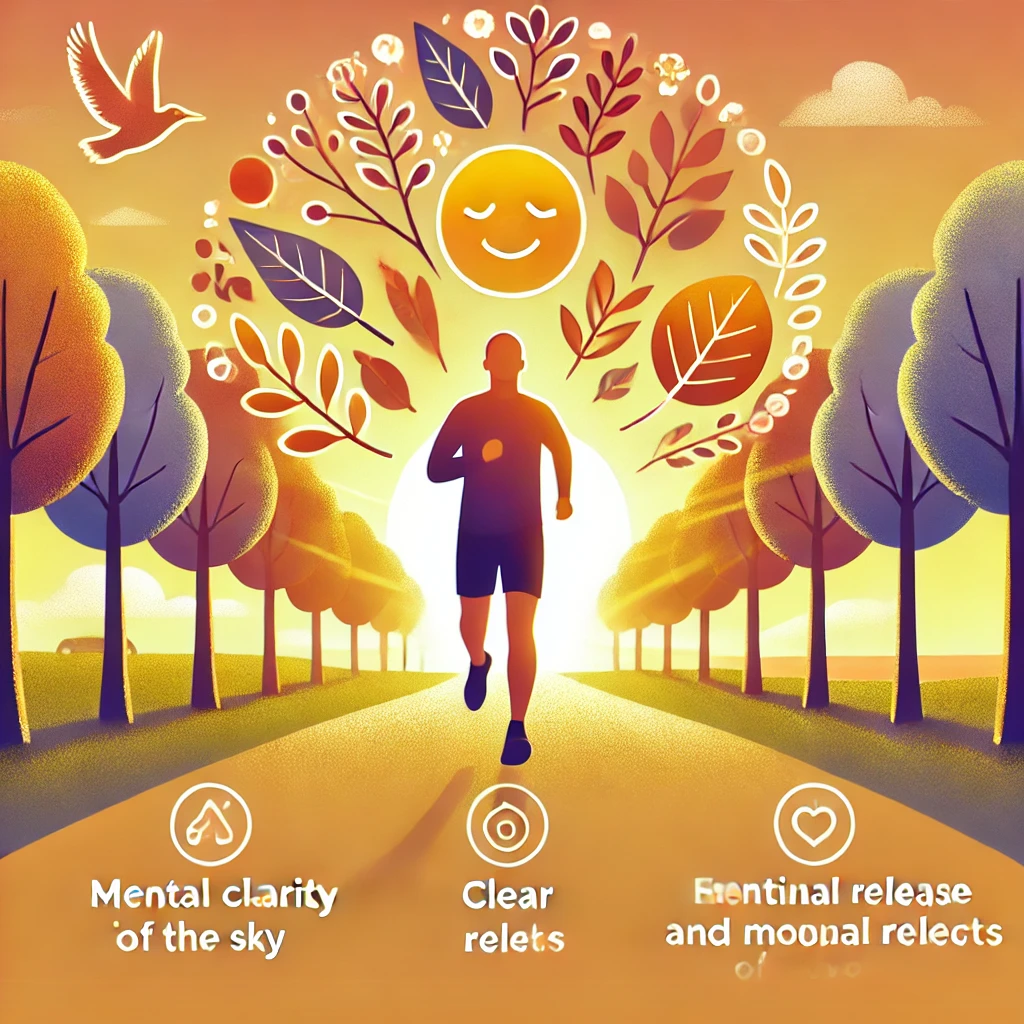Have you ever finished a workout and felt instantly better—physically, mentally, even emotionally? That’s no coincidence. The uplifting power of exercise isn’t just about burning calories or building muscle—it’s deeply rooted in psychology. Movement activates powerful brain chemistry, emotional shifts, and mental clarity. Here’s why moving your body feels so good and how it benefits your mind just as much as your muscles.

The Brain on Exercise: A Natural Mood Booster
Physical activity triggers the release of neurotransmitters that play a major role in emotional regulation.
Endorphins: Known as the body’s natural painkillers, these chemicals reduce discomfort and promote a sense of euphoria—aka the “runner’s high.”
Dopamine: Linked to pleasure and reward, dopamine levels rise with consistent movement, enhancing motivation and joy.
Stress Reduction and Mental Clarity
Exercise helps lower cortisol, the body’s primary stress hormone, which in turn reduces feelings of anxiety and tension.
Benefits Include:
- Sharper focus and improved concentration
- Better sleep patterns
- Emotional resilience in challenging times
Movement as a Form of Self-Expression
Dancing, yoga, martial arts—movement can be deeply expressive, giving people a way to connect with themselves and release stored emotions.
Psychological Impact: Expressive movement helps unlock creativity, foster confidence, and process unspoken emotions.
The Mind-Body Connection
Regular movement improves body awareness, which strengthens the connection between physical sensations and emotional states.
Key Insight: When you feel good in your body, you tend to think and feel better too.
Social Connection and Belonging
Whether it’s a dance class, group run, or team sport, shared movement fosters a sense of belonging and community.
Mental Health Boost: Feeling connected reduces feelings of loneliness and boosts self-esteem.
Movement and Mindfulness
Exercise, especially rhythmic or repetitive types like walking, swimming, or cycling, encourages present-moment awareness.
Mindful Movement Practices: Yoga, tai chi, and mindful walking can reduce rumination and support mental clarity.

Final Thoughts: Movement Is Medicine for the Mind
We often think of exercise in physical terms—cardio, strength, flexibility. But its psychological benefits are just as profound. Movement changes brain chemistry, releases stress, lifts mood, and deepens your connection to yourself and others. So the next time you’re feeling overwhelmed or stuck, remember this: your body holds the key to feeling better—just move.





